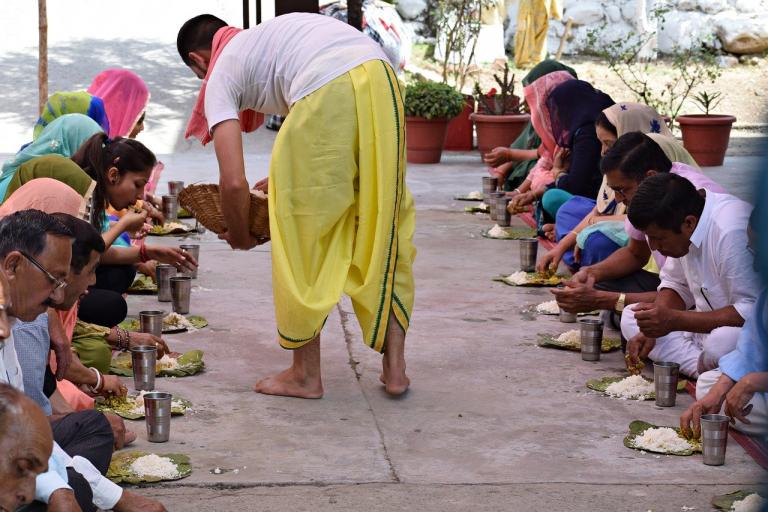For many, the fight against the coronavirus is an extension of a longer, more fierce political battle. One’s response to COVID-19 is more likely a reflection of one’s partisan views than scientific research.
For the most part, however, Americans have not experienced the pandemic in the same way as people in India and Pakistan. We do well to remember that cultural dynamics impact how people perceive the threat of the virus.
The Pandemic in Pakistan
A recent NY Times article looks at the effects of COVID-19 on people in Pakistan. One doctor explains,
There is fear and shame and stigma attached to death by COVID, as if you got infected by this virus by doing something immoral or filthy, rather than by touching a door knob.
As in America, people are suffering from misinformation and political responsibility dodging. However, a few other cultural layers are present.
In Pakistan, burial is a sacred rite without exact parallel in the US. Families in Karachi are not allowed to bury patients who die of COVID-19. If neighbors think that someone died of the virus, few people will attend the funeral. Many Pakistanis suspect that “good Muslims” will be immune to COVID-19. (Some Christians in the States have a similar perspective).
Consequently, people routinely lie about why family members pass away. The NY Times article adds,
I called up a doctor friend who has lost two colleagues during the past month, both of them because of Covid-19. Why are people still lying about this? I asked, again.
“I am, too,” he said. “On all the death certificates I issue I write ‘cardiac pulmonary failure’ as the cause of death. That saves them the embarrassment.”
And maybe then at least some people will be around when the last spade of earth is shoveled into those graves.
Truly, the shame of contracting the virus echoes times past, such as during the AIDS pandemic in the 1980s and having leprosy in ancient biblical times.
“I’ve never seen so much white.”
I recently heard from ministry partners in South Asia. Hundreds, even thousands, of people are dying, not directly from the virus, but from suicide. Men have lost jobs and feel ashamed that they cannot provide for their families. Such shame compels them to take their own lives.
In the local culture, custom dictates that wives must wear white to express mourning for their husbands. Our ministry partners said grimly, “I’ve never seen so much white.”
Here are a few questions for you…
- How have you seen shame compound the deleterious effects of the coronavirus?
- How have you heard of local cultures heaping shame upon people?
For previous articles concerning honor, shame, and COVID-19, see the following:













